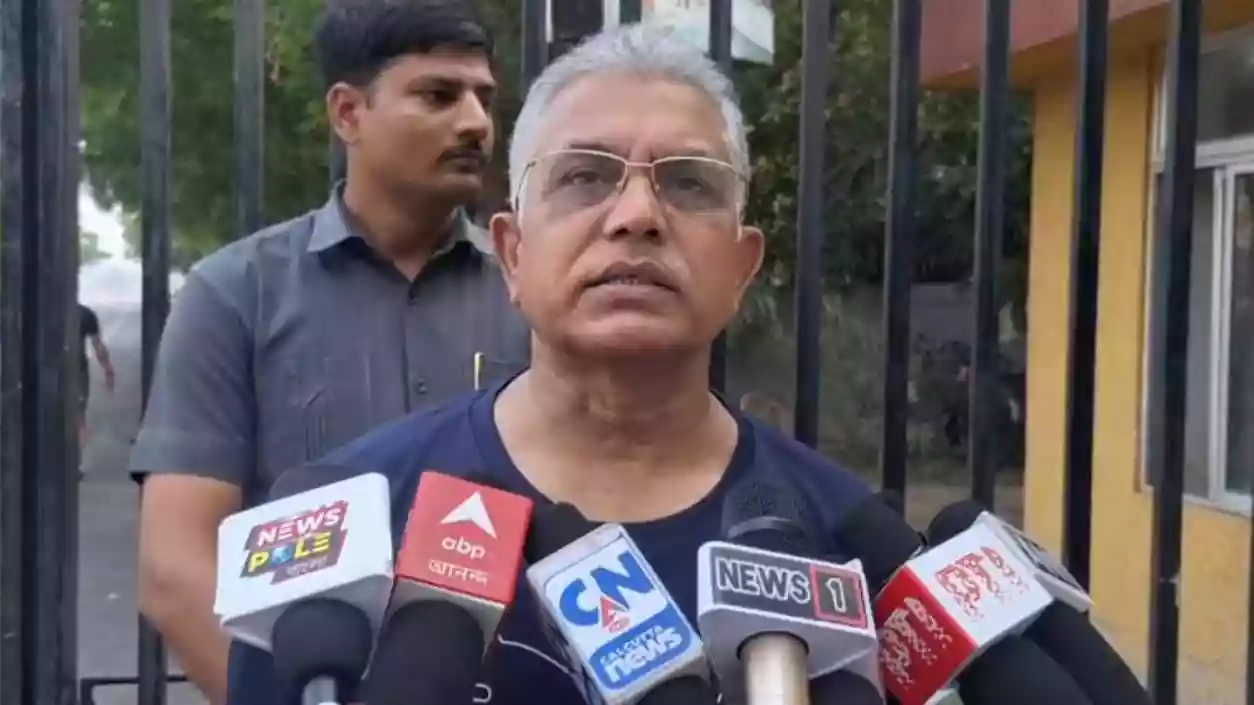CPI(M) leader beaten on road in Kharagpur for protesting wall demolition, shirt torn
.gif)
.gif)

The recent terror attack in Pahalgam, Jammu & Kashmir, has once again strained India-Pakistan relations, with tensions escalating after Pakistan issued threats in response to India’s actions. While Pakistan has not claimed responsibility for the attack, evidence suggests that it is behind the incident. Following the attack, Pakistan's Railway Minister Hanif Abbasi made a provocative statement, warning of a potential nuclear attack if water resources were cut off, escalating concerns in India.
In the aftermath of the attack, Indian authorities have taken decisive actions, including the destruction of several local militant houses in Kashmir. This has been seen as retaliation for the attack and a warning to those involved in terrorist activities. The operation, which targeted militants in areas such as Kupwara, Kulgam, Pulwama, and Anantnag, also led to the revelation of the identities of 14 local militants.
Bengal BJP leader Dilip Ghosh has strongly criticized Pakistan's threats, dismissing them as empty rhetoric. He stated, "They often talk nonsense and then go home after getting beaten," and dismissed the credibility of Pakistan's nuclear capabilities. Ghosh also stressed that India would take strong action in response to the attack, assuring that "revenge will be taken." He further stated that militants who harm the country should not be allowed to stay in India, indicating his support for the ongoing operations in Kashmir.
In addition to addressing Pakistan's threats, Ghosh also criticized the Congress party for its historical lack of action against terrorism. He claimed that had the current government’s approach been in place 40 years ago, India would not have faced such frequent terrorist attacks. Ghosh emphasized that the Modi government had the trust of the people to handle the situation effectively, asserting that only the current government had the resolve to take necessary actions against terrorism.